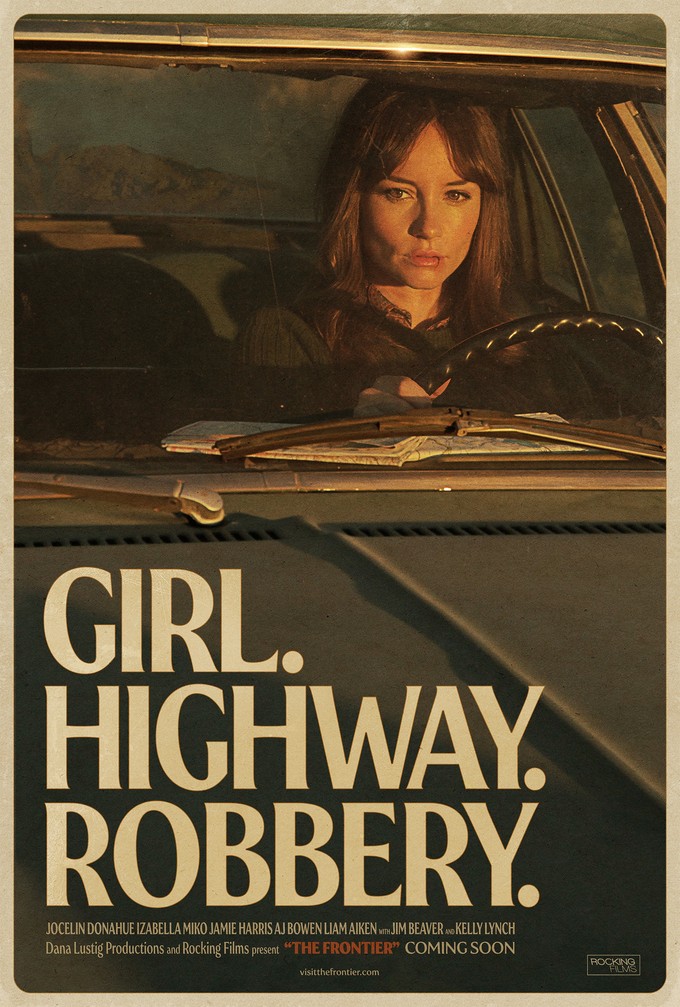
There are about 8 speaking roles in Oren Shai’s THE FRONTIER. So the fact that I had Oren and three of his actors in a room talking about the film together sort of felt like being one of the people sitting in the diner where most of the narrative takes place, jumping from one personality and perspective to the next and so on in a very short amount of time.
The film, heavily rooted in the claustrophobic B-picture noirs of yesteryear, is clearly a labor of love for Oren (read my review here), and so I was glad to be able to ask him, Jocelin Donahue, A.J. Bowen, and Izabella Miko about their respective approaches and why they felt inclined to sign onto this project and give it their all. They also talk about what films they watched to prepare, and why they feel the specific tone and feel of the film is so crucial and fun to both watch and play around in.
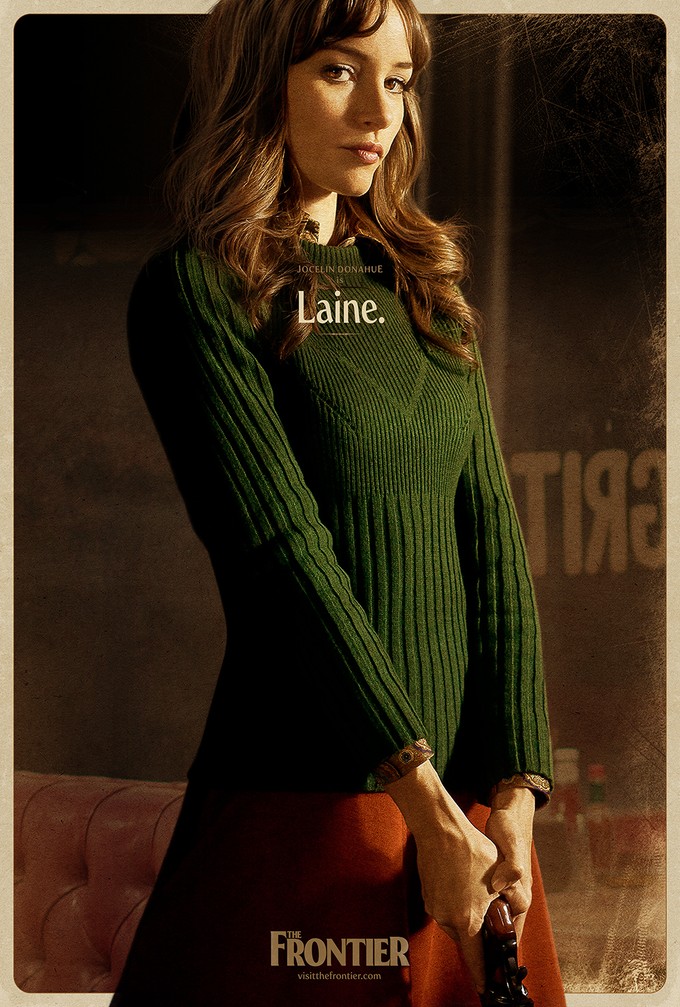
VINYARD: Let’s go around the room and get everybody’s thoughts on why you (Oren) made it, and why you guys wanted to be part of it.
JOCELIN: Well, as soon as I read the script, it was a role that I’d never had the opportunity to play. To play a criminal, to play someone who has always had to fight for herself and survive, kind of this hard-hearted, cynical person. It was also such an opportunity to play a character who you don’t know anything about. You only know who she is through her actions, so to have this secret past, and to be able to play that for the whole movie was really interesting. As soon as I met Oren, I was just so impressed by his breadth of knowledge. He’s basically a film historian, and taught me a lot about his influences, and why he wanted to make a film like this. He’s also a real feminist. He wanted to make a movie about a woman who’s not defined by men. That was a huge opportunity.
VINYARD: Oren, what are some of those influences she just mentioned, and what led you to do the movie?
OREN: My passion is really genre cinema. Various genres, not necessarily noir. I wrote my thesis about the history of “women in prison” films in the United States. I really like genre cinema, and playing with genre conventions, and using genre conventions that are not necessarily exist anymore. Something like a classic noir, or something like this, you don’t really see them anymore. Even in the most generic sense of the word, it just doesn’t exist. I really anted to create a movie that would feel, not like a throwback, like one of those movies from back in the days. It could’ve been a noir from the ‘40s, ‘50s, or the ‘70s. It’s got influences from all of those. It’s almost like something you’d see in a double feature back in the day. It could’ve been…I use the word “pulps,” but that’s the idea. There was something in those pulps and the lower-budget noirs of that period that was very magical to me. That’s kinda where it started in terms of approaching the genre. And focusing on women, which I find more interesting because you don’t see a lot of images of women onscreen that are not defined by men, or their relationship to husbands or boyfriends or love interests, which was very important to me. And will probably keep being important.
VINYARD: Were there any noirs that influenced you more than the others?
OREN: Quite frankly, the movie that influenced this the most was Robert Altman’s 3 WOMEN. That’s where the actual practical influence of the film came about. Most of the noirs, KANSAS CITY CONFIDENTIAL is a movie that definitely has a lot of what’s going on in this one. Mostly it was from books. Postman Always Rings Twice was big.
VINYARD: The book?
OREN: The book, yeah. It’s one of my favorite books. I love James Cain. William Campbell Gault has some great books. There was one called The Convertible Hearse which I thought was pretty influential. Day Keene, I collect those pulps. That’s the world I want to create movies in, in general. When we wrote the script, those were the big influences.
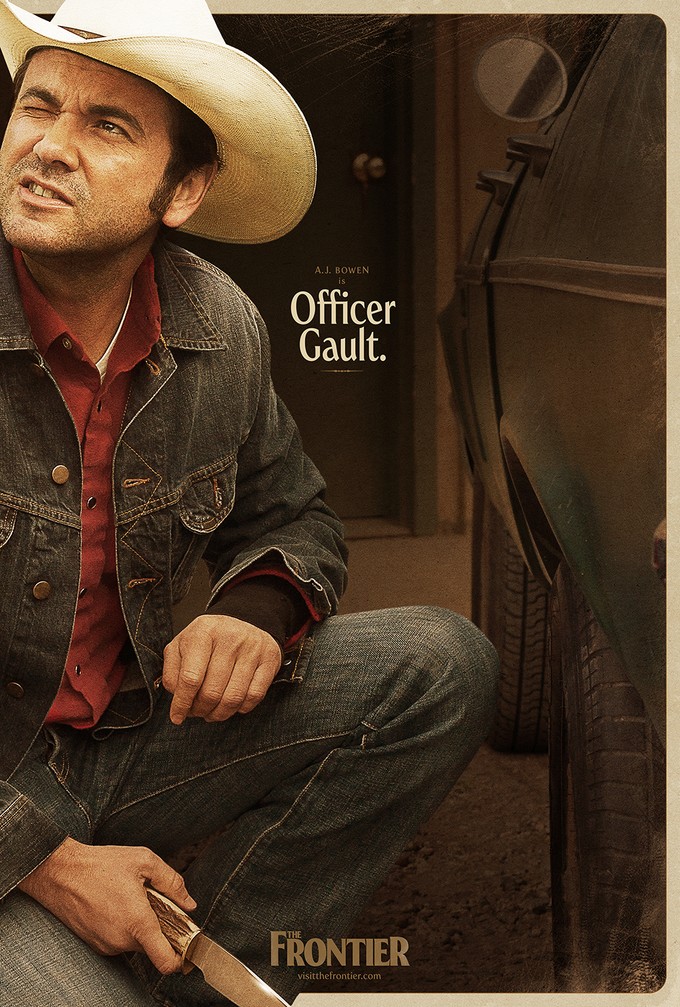
VINYARD: A.J., what made you want to take on this acting role?
BOWEN: A few years back, the way things have changed with independent film, I realized I’m not a traditional actor in a sense of the word. I’ve literally never done a studio gig or anything like that. I realized if the budget points are going to stay down, and it’s not necessarily going to be about the financial component, what I could do is try to seek out or try to hook up with sort of like-minded people. For me, filmmakers that I love were a bit more auteur. (to Oren) Sorry for throwing that word at you. Jocelin and I have heard that word thrown at our friend, Ti, and all it really means is that you know this person is in capable hands, and is going to have an opinion. The viewpoint is this particular story, and the things that sort of inspire it, but that’s it. That’s where it starts and ends. It’s not about, “Well, how can I grow my career?” You know that this person…you get a sense instantly when meeting Oren, and we did talk about sort of out there genre films that no one really talks about that we both loved. It allows me, like I said before, to reinterpret the script. I typically read a script more than one time. After we talked about it, I got to go back and reread it, and go, “You know what’s gonna be really great about this? It’s got really strong viewpoint.” That’s sort of interesting to me as an artist.
As long as I get the sense that we’re on the same page of the book, and this is the thing we’re gonna try and make, if we get that made, that’s great for me. Specific to this, I’d never personally worked on something that was going to be like this. I guess the closest would be HOUSE OF THE DEVIL, where it was more of a film I’d seen that felt like it came from that era instead of a throwback. I definitely think that this came from a different era, instead of being a modern film that was trying to add Stealers Wheels on it or something. For me, it’s like if there’s an opportunity to work with someone who thinks that, and then everybody else that’s involved with it, it’s like, “Oh, cool. This would be a really cool movie if it ends up being my last one.”
IZABELLA: Jesus! A.J!
BOWEN: That’s what you kinda think! You never know as an actor if you’re necessarily going to get another movie. Your whole job is to be unemployed, for the most part, as an actor, so I’m kinda always seeing the ones where, “Can I live with that if I have to end up having to go back and cook food? Will this one be cool enough?” And I was like, “Yeah, this one’s cool enough.”
VINYARD: Who was cast first, you or Jocelin? Did you guys know you’d be reuniting from HOUSE OF THE DEVIL?
BOWEN: It was kind of a fluid thing, but Oren and I had conversations about Jocelin. (to Jocelin) Which are none of your business!
JOCELIN: Yeah, I didn’t know about these conversations.
BOWEN: i knew that, in Oren’s mind, he was like, “It has to be Jocelin. I can’t imagine making the movie without Jocelyn in this role.” I was aware that there was interest in there, but I wasn’t sure that I would necessarily be working with her.
OREN: I think everybody ended up coming aboard around the same time. It’s a long process, and I think we kind of honed everybody down around the same time. Izabella as well.
IZABELLA: Yeah, Christmas. It was Christmastime.
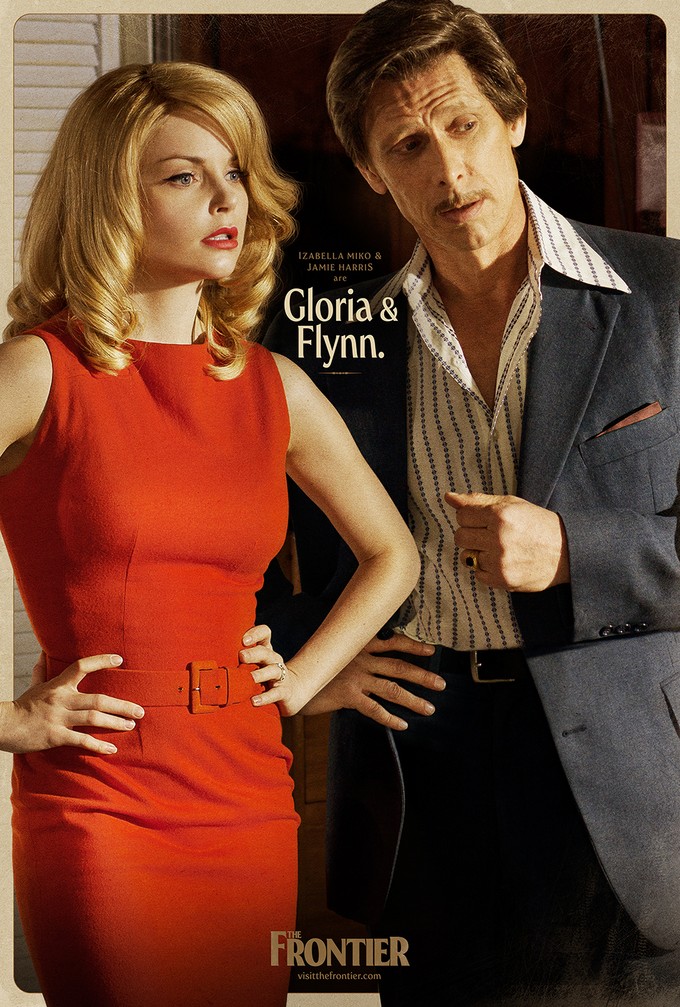
VINYARD: (to Izabella) Why’d you take the role?
IZABELLA: I think, sort of similar to what A.J. was saying, I love to do interesting things, interesting projects. Any time I get a chance to do something different, absolutely. As an actor, to support yourself, you do a lot of mainstream things, and you need to do that so your name has a value. It is a business at the end of the day, so that allows you to do smaller projects, but this was so interesting. I also find that we live in a world where society is so ADD, and there’s just so many things thrown at you, and so much information. And the same thing with films. Everything is cut like a music video nowadays. That’s what everyone is used to. So when I read the script, I saw what Oren wanted to do, and I was like, “Wow! This is ballsy!” To actually have a silent scene, and the shot is going to be long. I love how the film starts slower, and it gets you there.
It’s like…nowadays, people text. They don’t date. They don’t do phone calls, ‘cause it’s awkward. Isn’t that weird? Like no one wants to have the awkward silence, so texting is very comfortable. Same thing with film. It’s sort of like you feel it’s awkward, because all of a sudden you need to have your own emotions, and you need to see what the film is about without the characters telling you what’s happening. And I thought that was interesting. I’m a true believer in sort of going back to the old ways of making films, and having films be a lot more like, “Okay, I’m on a journey now, and not being distracted, and not having to constantly be fed with imagery and information.”
VINYARD: Did the period setting kind of help that relaxed vibe?
IZABELLA: Oh absolutely. You sort of draw from the old films, and different references that Oren provided for us. I love doing period pieces. I feel like I must’ve led previous lives. Even the costumes help me get into it. There’s just elegance to old filmmaking.
BOWEN: Literally my favorite part about making movies is the word, “collaboration.” You literally can’t make a movie by yourself. If you do, I promise it’s not great.
VINYARD: Unless you’re Bill Plympton.
BOWEN: What I love about it is that, especially when you’re talking about something that’s period like this where there are obvious things that we can historically go look at, is what makes the final product fun. When you have ensemble actors and a D.P. that you trust and a director that you trust, you get to see them interpret those things that we talked about, and see how it influences their version of it all while still trying to unify the concept of interpreting the script, which is obviously the most important job: interpreting that the best way we can. So it was great to see all these, what I assumed would be different branches, and getting to sort of experience that.
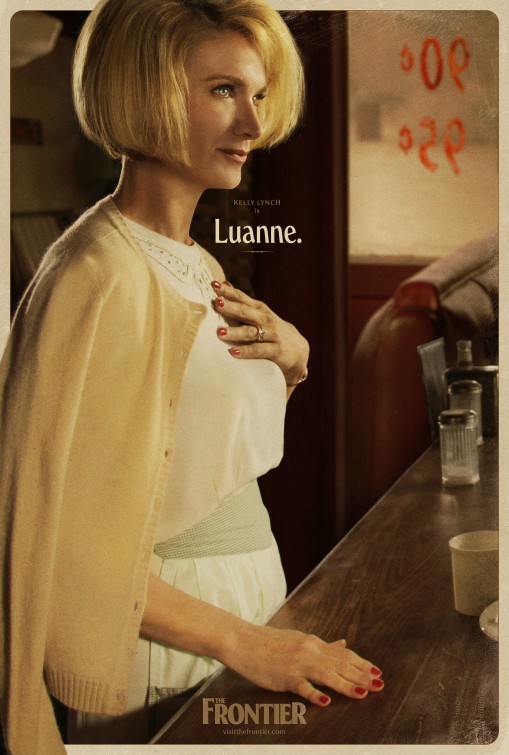
VINYARD: What was it like shooting a period film on a budget, and what were the things you specifically chose to highlight? Because it took me a while to even figure out that it was set in a period, which I thought was great, because it made it feel a lot more natural and a lot less forced.
OREN: If you write, if you have a title saying, “1974,” then you’re basically saying, “This is a new movie.” The film starts, “Yup, it’s set in 1974.” It could be the ’70s, could be the ‘60s, it’s like whatever you feel when you watch it. On a budget, it’s hard, it’s really hard, but that’s why you need a lot of people really pulling everything together to get it done, and get it done properly, and work and give everything they god. Whether it’s between the actors, the producers, the costume designer, the production designer, you need people who are very resourceful, and who really believe in the project to pull this off on a low budget. All of my short films were also period and shot on film and low-budget, so this is just kind of where I live. I’m comfortable with it, in that sense. But from a budget standpoint, it’s always a challenge. Especially when you have such a short time to shoot, and you want everything to be really authentic and look as lived-in and true to the period as possible.
VINYARD: Jocelin, were there any old-school movies that you took inspiration from, like old noirs?
JOCELIN: Yeah, Oren had me watch a bunch of things. I also watched THE GETAWAY with Ali MacGraw, and I loved her in that. He had me watch THE LONG GOODBYE, and 3 WOMEN, BLUE VELVET. These are not necessarily noir, but you pull different elements from all of them. Yes, it’s amazing to draw on those things, to be able to look back and see if there’s a different style of performance. You don’t necessarily bring that with you to the set, but just to be able to go back and research how movies were made and how those performances came off is cool, to be able to draw on that.
VINYARD: How long you guys shoot for? You mentioned you had a short shooting schedule.
OREN: It was 18 days.
VINYARD: Oh, Jesus.
